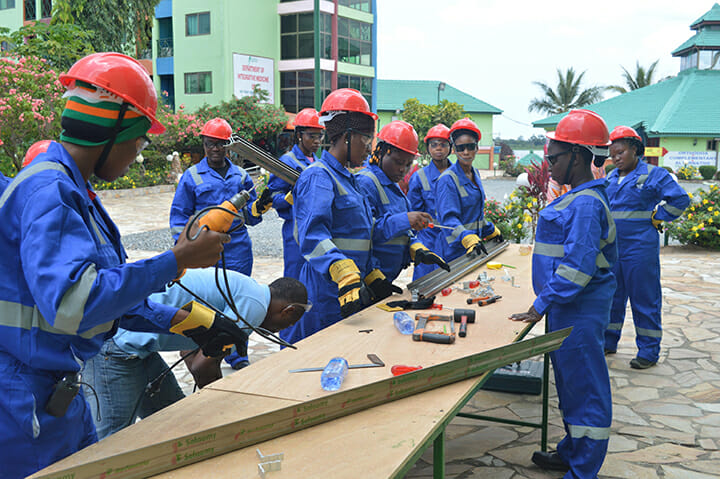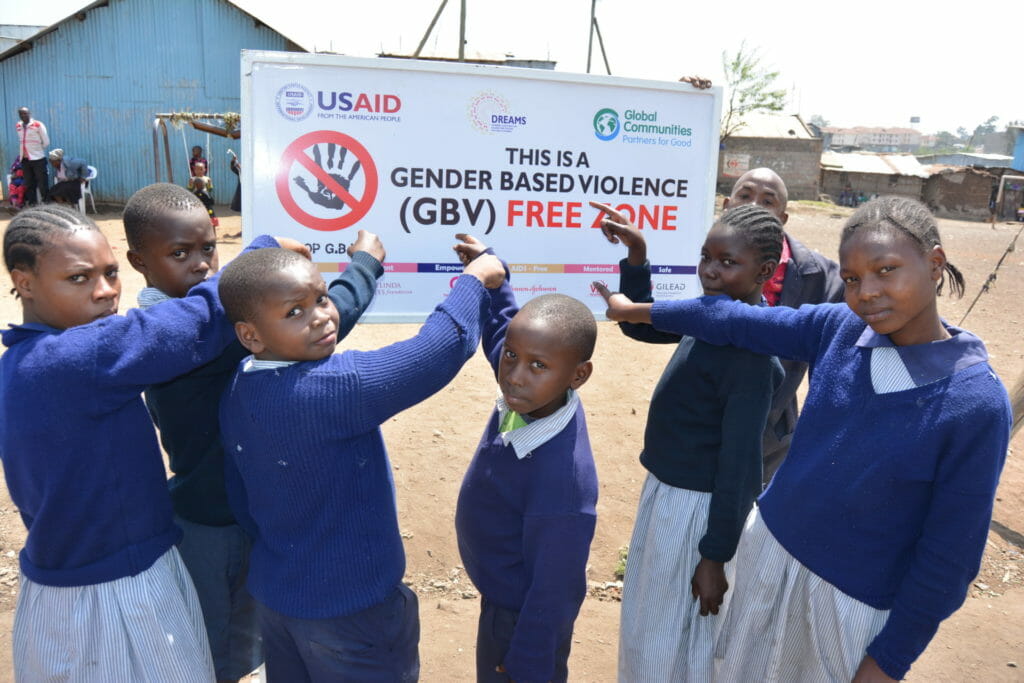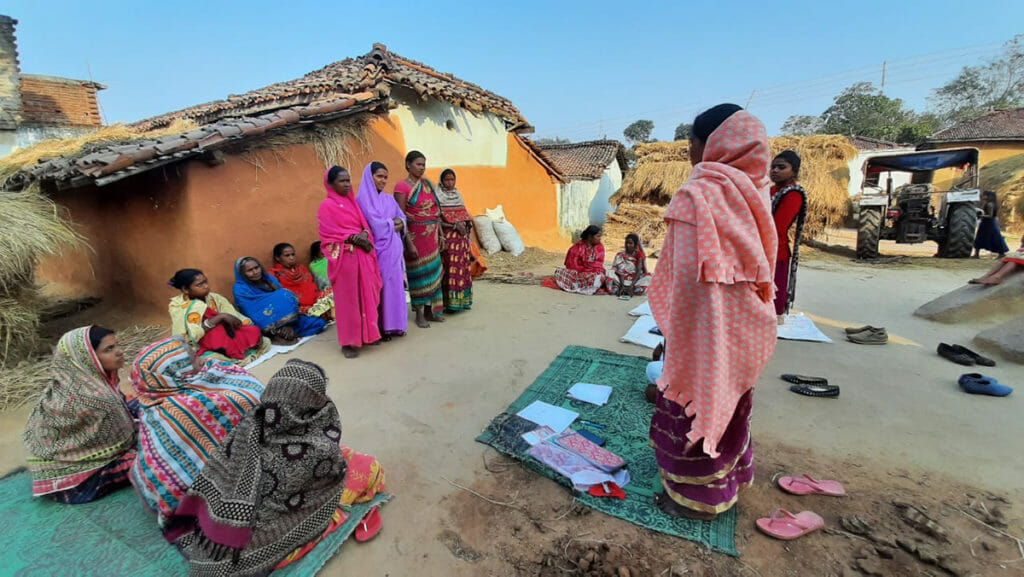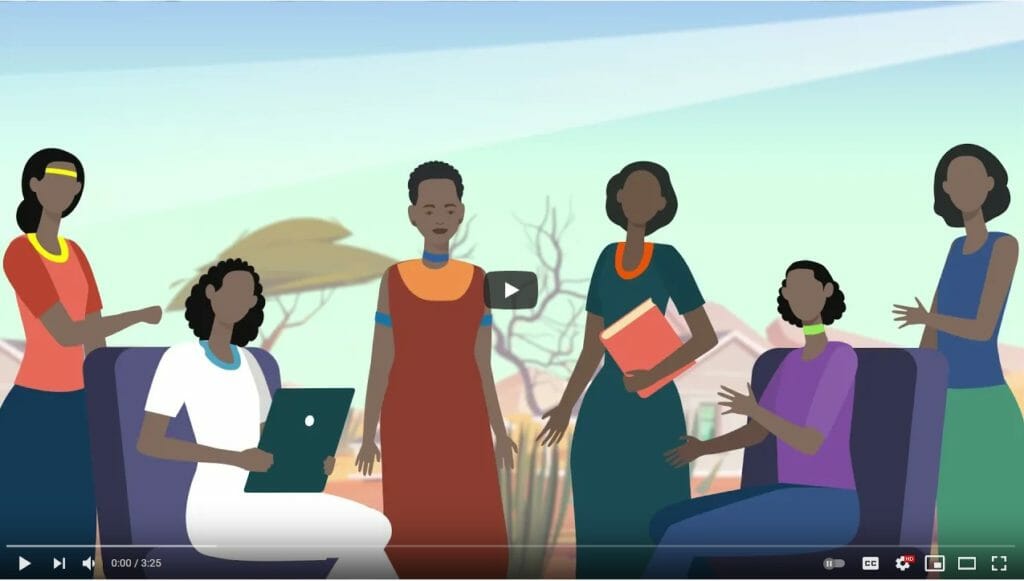Linking poor households with sustainable, income-generating activities breaks the cycle of poverty. Global Communities provides access to meaningful employment, supports entrepreneurship through job and life skills training and eliminates barriers that keep women, youth and other marginalized groups from accessing jobs. We focus on enhancing employment opportunities, especially for youth, through demand-driven training, job creation and strengthened market linkages and developing the capacity of entrepreneurs to grow their businesses.
Youth unemployment continues to be a critical issue facing many countries. With rapidly growing youth populations, more young people are joining the labor market each year than economies can absorb. Given the insufficient growth in employment opportunities, providing young people and adults with technical training and entrepreneurship skills aligned with market demand is key to improving opportunities and increasing incomes. We work with the private sector to customize technical training programs, provide soft skills and entrepreneurship training and connect trained youth with internships and apprenticeships for on-the-job learning and skills development.
Entrepreneurship is one of the key drivers of development and a catalyst of inclusive growth. Micro, small and medium enterprises create jobs and are key suppliers of goods and services to people with low incomes. However, many individuals in emerging markets are entrepreneurs of necessity rather than choice, and can lack access to skills or education. We work with entrepreneurs to leverage opportunities for growth through improvements in managing their businesses, entering better markets and accessing the micro-finance needed to grow. We support individuals and groups through strengthening cooperatives and associations that collectively help ensure success. This translates directly to increased sales, income, employment opportunities and more secure households.
An example of our work in this area is the Youth Inclusive Entrepreneurial Development Initiative for Employment, which created economic opportunities in Ghana’s booming construction sector for disadvantaged youth by providing training in technical, life and entrepreneurship skills leading to employment. The program addressed the labor shortfall in the industry and improved the capacity of youth and service providers across the value chain. Young men and women benefited from job opportunities and higher income, while sector stakeholders, such as private sector firms, financial services providers, training institutions and government, gained increased coordination and capacity to improve their enabling environment.
TESTIMONIAL
I discovered that personal financing was not enough to grow my initiative into the impactful local business I envisioned, so when I saw the size of impact other youth were making through USAID YouthPower, I felt like I found the gateway that could make my dream come true.
- Rama, Founder and Leader of ARANDS Fashion Initiative, funded by an in-kind grant from Global Communities’ USAID YouthPower program
Our Approach
Global Communities’ employment and job training approach is demand-driven, focusing on market-led employment opportunities and entrepreneurship. Our initiatives ensure the supply of skills in the marketplace matches current and emerging demand. We facilitate training and entrepreneurship development programs and take a systems approach to increasing and improving employment approaches for youth, with a particular focus on young women.
25,000
young people in Ghana, 30% of them female, trained in technical and entrepreneurial skills needed in the construction sector
1,838
young entrepreneurs linked to financing in Jordan, Lebanon and Yemen
2,357
youth connected to private sector and entrepreneurship opportunities in Jordan, Lebanon and Yemen
1,286
youth received an internship or apprenticeship in Jordan, Lebanon and Yemen
Our work in this area reaches
Resources
Briefs & Case Studies
Barriers and Solutions to Youth Employment in the Ghanaian Construction Sector
Unemployment among youth in Ghana continues to increase despite more than two decades of strong economic growth trends and a substantial expansion in education and overall human resource development. The World Bank estimates that of the total number of people who are unemployed, 65% are between 15 and 24 years. The most recent Ghana Living…
Briefs & Case Studies
Strengthening the Capacity of Business Associations to Support Youth Employment: A Case Study of the Artisans Association of Ghana
Youth unemployment and joblessness together constitute a major socio-economic and political problem in Ghana. The Ghana Statistical Service 2015 report noted that 13.4 percent of youth are unemployed, while the Ghana Living Standards Survey Round 6 reported that approximately 30 percent of youth in Accra and 24 percent of youth in other urban areas are…
Briefs & Case Studies
Increasing Access to Finance for Youth in Ghana: Lessons Learned from the YIEDIE Project
Disadvantaged, urban youth face a range of challenges in accessing financial services: long distances to reach financial service providers financial products that are inappropriate for seasonal or intermittent work, minimum age requirements to open a bank account or obtain credit, and limited experience with financial services. In addition, financial institutions have traditionally been reluctant to…
Briefs & Case Studies
Supporting Youth Employment through the Apprenticeship Model: Outcomes and Lessons from Ghana
In Ghana, the construction industry is booming, growing at an average eight percent per annum due to a growing economy, infrastructural development, rapid urbanization and a rising middle class. The growth of the sector has resulted in an unmet demand for skilled labor. While youth between the ages of 15 and 24 years make up…
Briefs & Case Studies
Taking a Systems Approach to Youth Employment in the Ghanaian Construction Sector: A Case Study
Ghana’s booming construction sector has been a key driver of the country’s impressive economic growth rate over the past decades, and is a major employer given its labor-intensive nature. While the sector’s growth is a source of new jobs, it faces a significant skills gap with the shortfall of artisans estimated to be in the…
Briefs & Case Studies
Can Policy Engagement Create Youth Employment Opportunities? Lessons Learned from the YIEDIE Project
According to the World Bank, Ghana’s youth population increased from 1.1 million in 1960 to 4.6 million in 2010. A major concern of successive governments in recent years has been to create adequate, decent and sustainable jobs for the growing youth population. Relative improvements in the country’s GDP, which has averaged six percent growth within…









